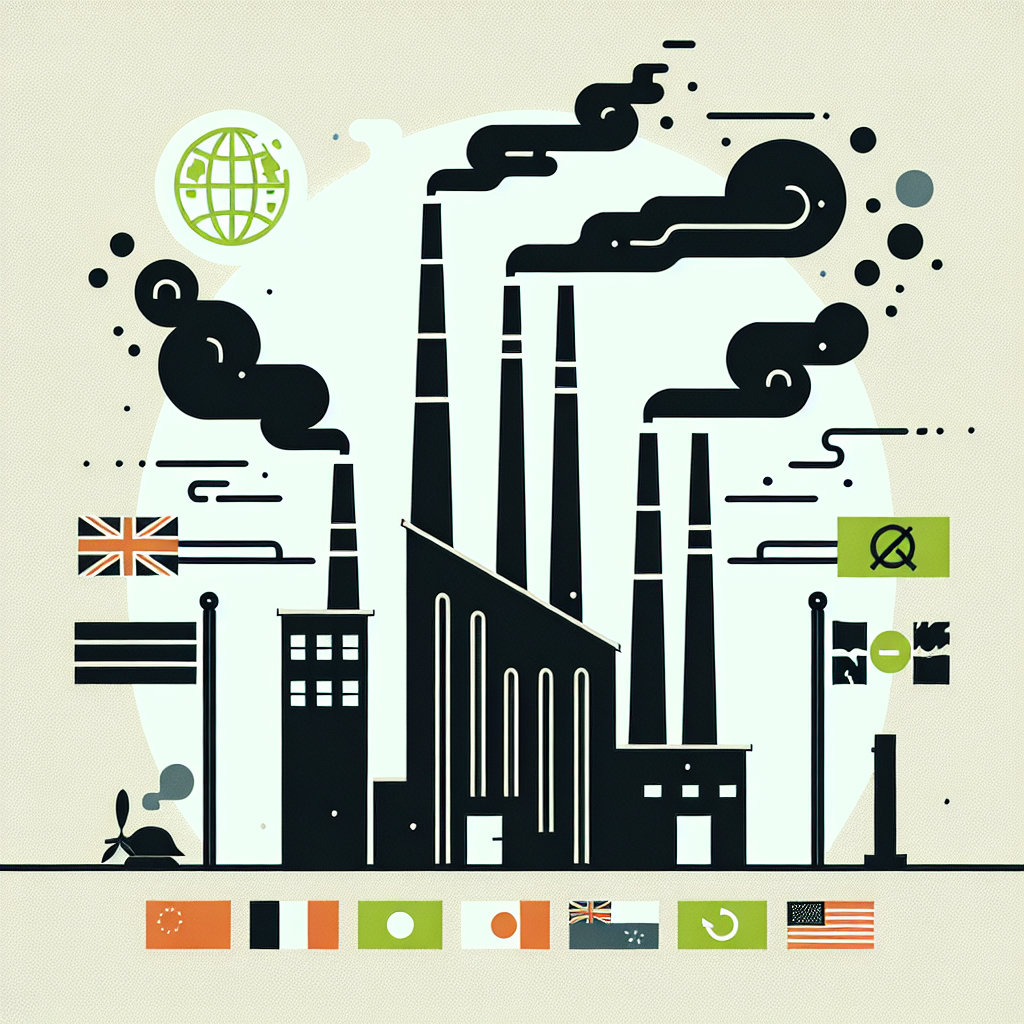
US Move to Scrap Landmark Carbon Emissions Regulation
In a significant policy shift, the United States government announced its decision to scrap the landmark finding that had set limits on carbon emissions, a move that has sparked widespread concern and debate among environmentalists and global leaders. This regulatory change is seen as a step backward in the global fight against climate change.
Background and Context
The defining feature of the US environmental policy, set a decade ago, was aimed at capping carbon emissions to mitigate climate change. Experts had warned that abandoning this policy could severely affect the country’s ability to meet international climate obligations. According to a report by the BBC, experts emphasize that this policy was crucial in setting a benchmark for industrial emissions globally.
Environmental and Economic Impacts
Removing the cap on emissions is feared to lead to an increase in pollution levels, contributing significantly to global warming. This shift could also influence other countries to reconsider their environmental policies, potentially creating a domino effect worldwide. The economic argument provided by proponents of this change is focused on reducing regulations believed to hinder industrial growth and competitiveness. However, critics argue that the long-term environmental costs far outweigh any short-term economic benefits.
Global Reactions
Globally, this decision has raised eyebrows. Nations like the UK, which have been active supporters of climate action, see this as a setback. A New York Times article highlighted the frustration expressed by environmental groups who view this as undermining years of progress in climate diplomacy.
Scientific Perspectives
From a scientific perspective, the lifting of the emissions cap is considered detrimental. The scientific community argues that without caps, the global temperature targets set in the Paris Agreement might become unattainable. According to Scientific American, experts highlight the necessity of stringent measures to curb emissions, emphasizing that science, not politics, should guide policy.
The Role of Innovation
Despite the policy reversal, innovation in clean energy offers a silver lining. New technologies in renewable energy and carbon capture continue to evolve, providing potential pathways to reduce dependency on fossil fuels. Discussions on leveraging technology to mitigate climate effects are gaining traction, suggesting a shift towards solutions that incorporate both technological and policy measures.
Looking Forward
As environmentalists continue to push back against this deregulation, the spotlight will remain on technological advancements and international cooperation as key drivers in the climate action arena. The hope remains that global leaders will convene to advance environmental sustainability amidst differing national policies.
The reaction to the US policy shift is a reminder of the delicate balance between economic growth and environmental stewardship. With climate change impacts becoming increasingly severe, the need for robust regulatory frameworks and innovative solutions is more pressing than ever.



